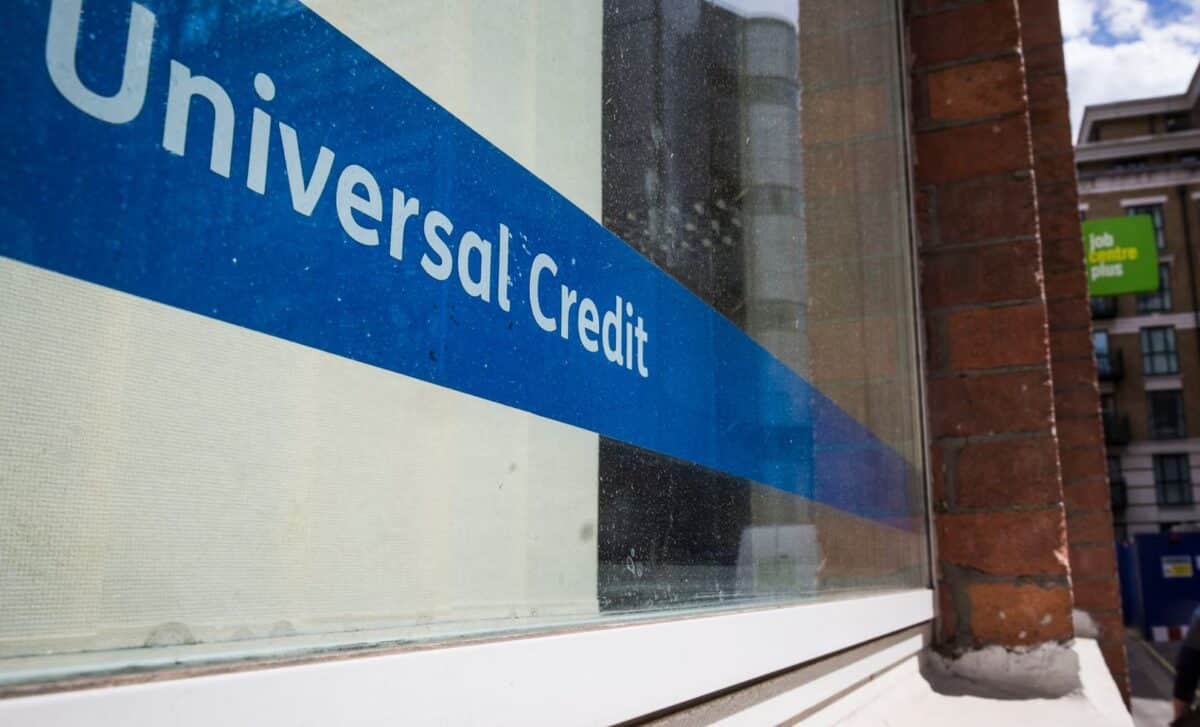According to a Resolution Foundation analysis, a single parent who rents and works 30 hours per week at the national living wage will be roughly £3,800 better off in 2024–25 than they were previously thanks to a Universal Credit boost.
Boost in Housing Allowance Announced for Universal Credit Recipients
Universal credit is a monthly payment provided to unemployed individuals, workers with low incomes, or those in need of assistance with living expenses. The amount you receive is determined by several criteria, including your age, living condition, work status, and whether or not you have children.
In his autumn statement, chancellor Jeremy Hunt promised a one-year rise in the local housing allowance (LHA) beginning in April 2024. The LHA calculates the housing benefit component of universal credit.
The average gain over the previous system is £1,200 for the 2.7 million private renting families eligible for universal credit.
Working-age households that rent have benefited the most from funding increases, while much of the increase in weekly payments has been used to cover rising rent costs.
“A renting single parent who works 30 hours per week on the national living wage will be nearly £3,800 per year better off in 2024-25 than if they were on the old system,” the In Credit? report highlighted.
“Across the 2.7 million families in the private rental sector that are eligible for UC, the average gain compared to the old system is £1,200.”
Meanwhile, the government’s New Back to Work Plan would encourage more than 1.1 million people with long-term health issues, disabilities, or long-term unemployment to seek and maintain employment. Those who don’t will face harsher penalties.
Universal Credit Makeover Raises Concerns for Disabled Individuals
According to a report, the rollout of universal credit is on track to make thousands of working-age handicapped people much poorer by the end of the next parliament.
A single person with a long-term disability who is unable to work is £2,800 worse off when they switch to universal credit (UC), according to the Resolution Foundation, and all single people with permanent disabilities will face this income loss when UC is fully implemented by 2030.
While the unemployment rate has decreased from 8.5% in 2011 to 3.8% in 2023, economic idleness owing to ill health has reached near-record levels.
According to the research, the number of benefit claimants out of work due to illness has nearly doubled since the introduction of universal credit, reaching 2.3 million today.
Other changes include obligatory work placements, attendance tracking during job interviews, as well as targeted case reviews to combat fraud.
The study provides an outline of the significant changes to the welfare system championed by former Work and Pensions Secretary Iain Duncan Smith under the coalition government.
Previous benefits, such as income support, housing assistance, and tax credits, were combined into a single payment.
Since 2013, the introduction of UC has been marked by technological delays, which multiple parliamentary committees have denounced for increasing the cost of the modifications and causing difficulties for claimants.
Funding cuts following the Conservative Party’s general election victory in 2015 raised worries that many claimants were being forced into poverty.
According to Alex Clegg, an economist at the Resolution Foundation, the next election winners will administer ‘universal credit Britain’.
“Whoever wins the next election will be governing a ‘universal credit Britain’, with seven million families eventually receiving the new benefit. It is vital that they understand both the system they will inherit and the population that relies on its support,” he said.
“Compared to the old system, universal credit offers greater support for renters and stronger incentives to enter work. But its original design did not anticipate there being over two million claimants with poor health or disabilities.
“Alongside efforts from the NHS, education, and labour market policy to address the drivers of ill-health, UC [universal credit] will need to change to tackle Britain’s new challenge of long-term sickness,” he continued.










How are obligatory work placements an Improvement?